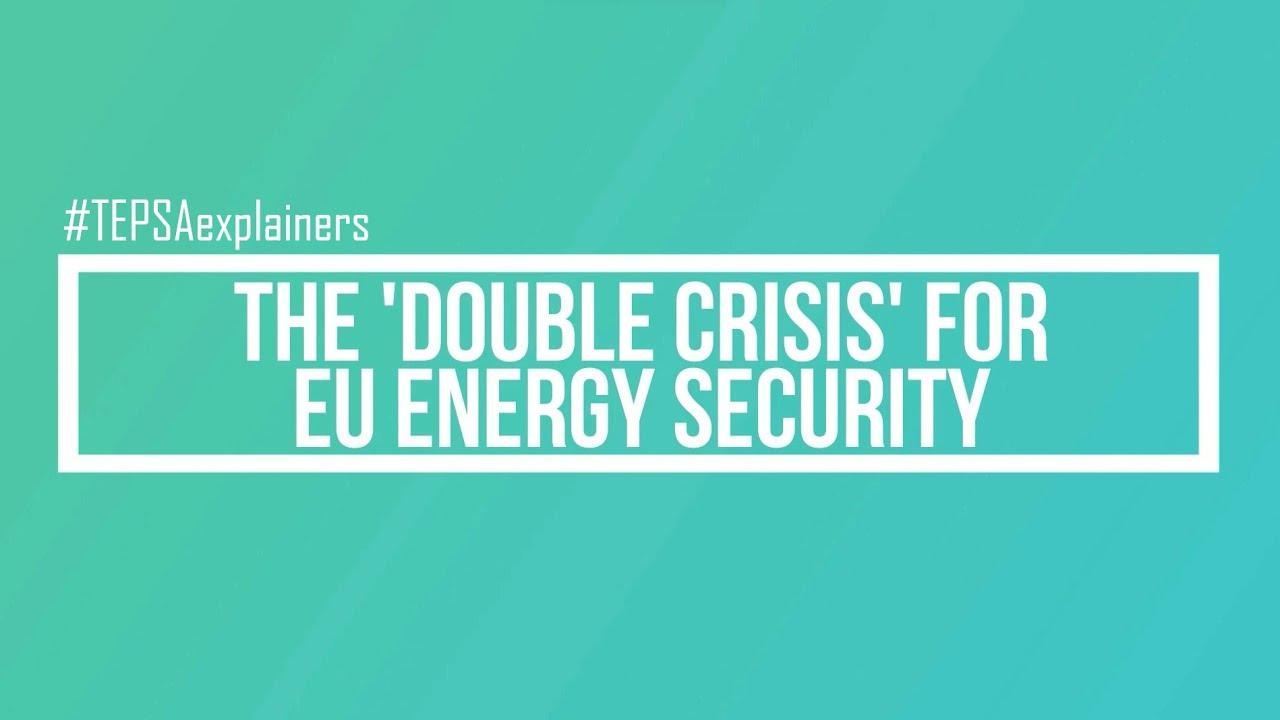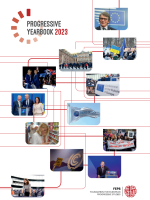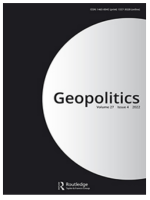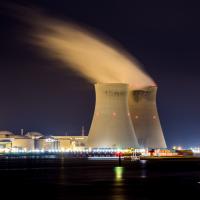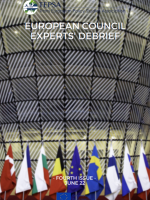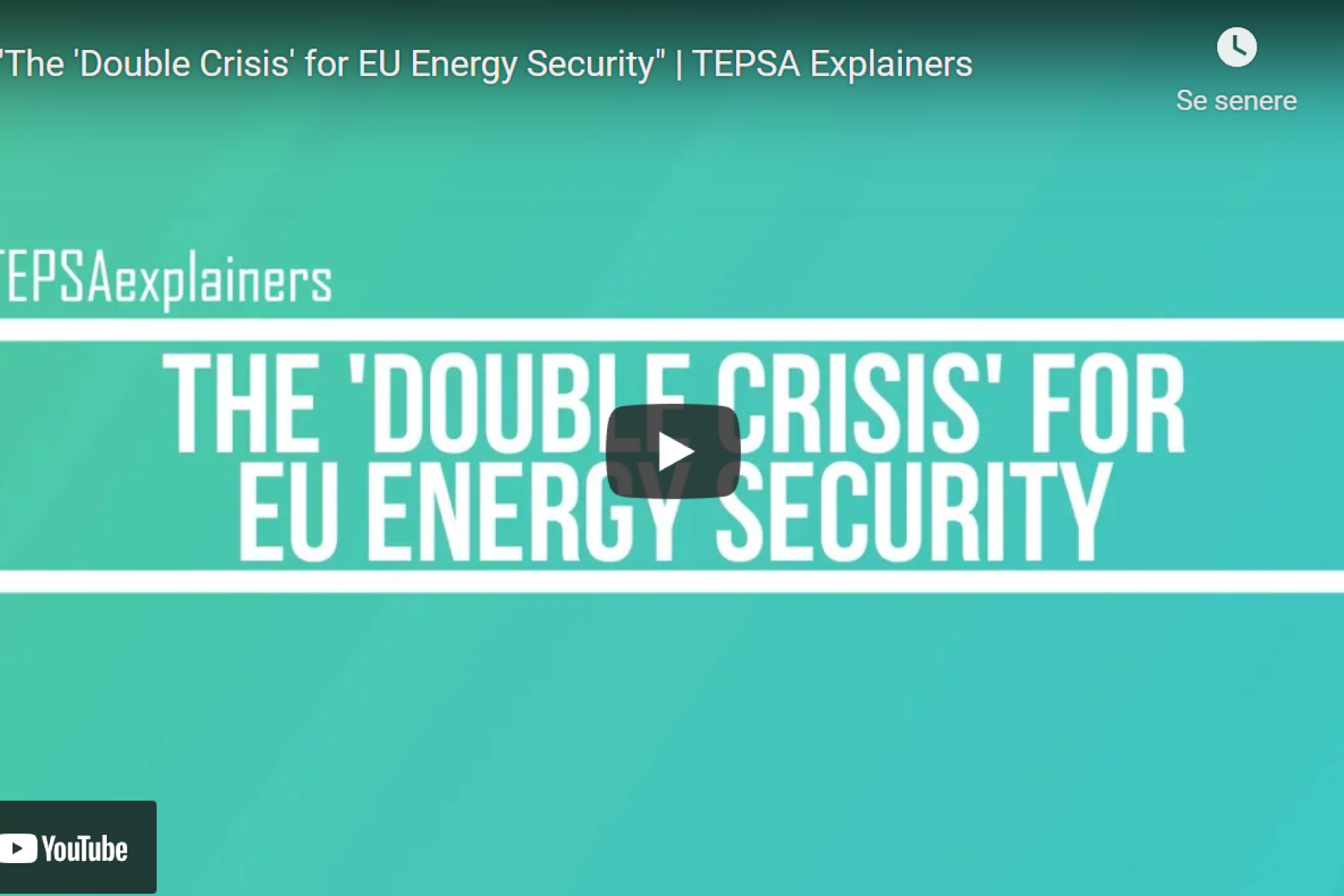SECURITECH
SECURITECH is a research project that zooms in on the politics of energy infrastructure and the displacement of security authority to technical experts. This deep transformative process has immense security implications for the countries in the Baltic Sea Region.
SECURITECH is a five-year research project (2020-2024) funded by The Carlsberg Foundation.
The problem
Over the past decade, the Baltic Sea region has witnessed a growing level of tension. Russian airplanes have systematically breached Danish and Swedish sovereign airspace,1 a Russian submarine was spotted in Swedish waters and a recent Russian military drill featured a scenario of dropping a nuclear bomb over the centre of Stockholm. These visible examples of Russian revisionism are worrying. And the current war in Ukraine only adds to this trend. However, the focus on the visible and spectacular has made current policies fail to understand a deeper level of transformation which is changing the security of the Baltic Sea Region. The Cold War of our era is taking place at a slow, but solidifying pace at the level of un-spectacular, technical, mundane critical infrastructure. Energy infrastructure stands central here. Once in place, energy infrastructure stays and ‘morphs’ the security of a region. And so do the negotiations and categorisations underpinning the construction and running of it. Therefore, the research group SECURITECH is undertaking the first investigations into the technification of security authority in critical infrastructure and creating an international network on the topic.
State-of-the art
While a debate on critical infrastructure is emerging, energy studies as an academic field has failed to grasp the enormity of the current situation. Most frequently, energy is analysed as an energy market with importer/exporter as the main analytical distinction or as a matter of geopolitics. A thin understanding of the politics of energy security as traded in friend/foe terms flourishes. However, the steady production of and negotiation over energy infrastructure in the Baltic Sea region as an instance of the technification of security politics has been overlooked as has an ensuing displacement of security authority. SECURITECH aims to fill this gap. By peering to critical security studies, the study emphasises the growing attention to a process of banalisation, whereby security moves away from the spectacular to the bureaucratic day-to-day decisions. A gradual and un-spectacular move strips the traditional, centralised state responsibility and authority in security politics and puts other hybrid forms of governance in its place. The relevant place to look becomes the struggle for authority in negotiations between private companies, civil servants, environmental organisations and energy experts working on or combating energy infrastructure projects. The project argues that we need to understand these technified negotiations that transform strategic environments, displace authority and challenge security. Therefore, the project asks:
How are energy infrastructures negotiated and organised by key stakeholders in energy infrastructure in the Baltic Sea region, and with what consequences for security authority and accountability? Which lessons on the technification of security authority follow?
Theoretical contribution
SECURITECH places itself in the theory debate on securitisation and its focus on how security should be understood as a process rather than a stable concept. It further recognises work on how different meanings of security are produced in specific practice fields The project agrees that state authority is increasingly diffused and banalised. As PI Trine Villumsen Berling has argued elsewhere technical forms of expertise may close off political deliberation on account of an issue being ‘too technical’. By bringing in knowledge from Science and Technology Studies on how issues can move from ‘matters of concern to matters of fact’, SECURITECH aims to add to the current state of the art in security and energy studies alike by seeking to define the mechanisms by which a series of negotiations turn the “messy” world of e.g. nuclear energy into “organised” and non-catastrophic, manageable issues and thereby desecuritize and (re)define who has authority.
Cases
Three types of energy infrastructure at different levels of completion in the Baltic Sea Region will structure the empirical research in three work packages:
- Planned nuclear power facilities in Poland
- The recently opened Lithuanian liquefied natural gas terminal ‘Independence’
- The Nord Stream 2 gas pipeline
All cases entail close negotiations between civil society, authorities, and private companies in the Baltic Sea Region over highly technical and security issues.
The ‘Double Crisis’ for EU Energy Security
Europe finds itself in a double crisis, we argue in this TEPSA explainer. Caught between climate change and an energy supply crisis. Natural gas for long seemed like an attractive bridge to a green energy future. It has now become Europe’s weakest point. We point to political and technical ways out.
Highlighted publications
Research and activites
-
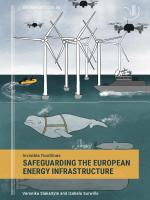 DIIS Report2024Safeguarding Europe's energy infrastructureVeronika Slakaityte & Izabela Surwillo
DIIS Report2024Safeguarding Europe's energy infrastructureVeronika Slakaityte & Izabela Surwillo -
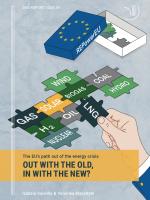 DIIS Report2024The EU’s path out of the energy crisisIzabela Surwillo & Veronika Slakaityte
DIIS Report2024The EU’s path out of the energy crisisIzabela Surwillo & Veronika Slakaityte -
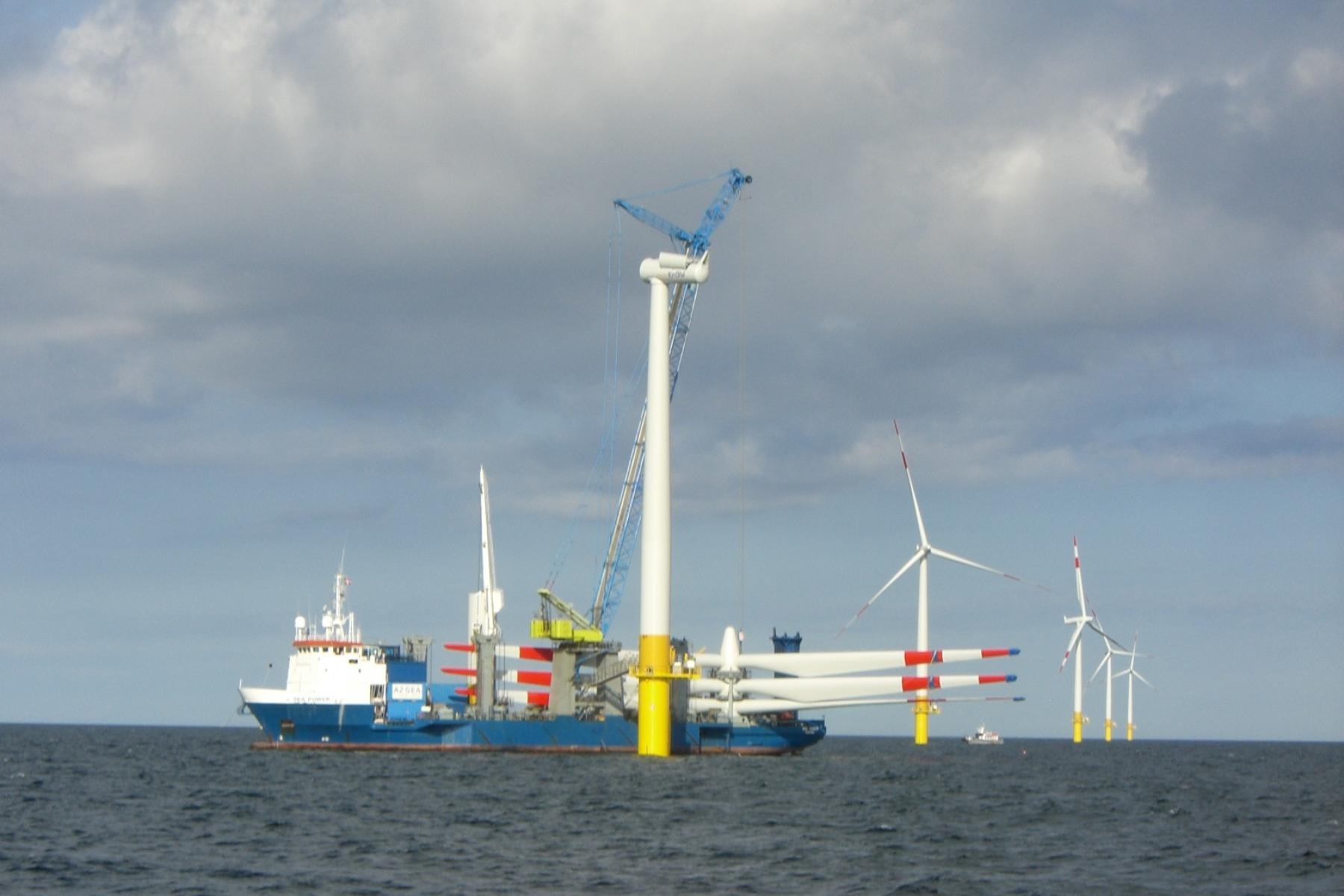 Photo/illustration by U.S. Department of Energy from United States, Public domain, via Wikimedia CommonsBook Chapter2023divergent national paths towards a common green futureIzabela Surwillo & Veronika Slakaityte
Photo/illustration by U.S. Department of Energy from United States, Public domain, via Wikimedia CommonsBook Chapter2023divergent national paths towards a common green futureIzabela Surwillo & Veronika Slakaityte -
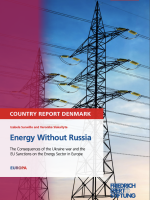 Photo/illustration by Andreas Klinke Johannsen/Flickr copyright licenseReport2023The consequences of the Ukraine war and the EU sanctions on the energy sector in EuropeIzabela Surwillo & Veronika Slakaityte
Photo/illustration by Andreas Klinke Johannsen/Flickr copyright licenseReport2023The consequences of the Ukraine war and the EU sanctions on the energy sector in EuropeIzabela Surwillo & Veronika Slakaityte -
 Article2023Veronika Slakaityte, Izabela Surwillo & Trine Villumsen Berling
Article2023Veronika Slakaityte, Izabela Surwillo & Trine Villumsen Berling -
Journal Article2023The grammar of ‘rendering technical’ in Polish nuclear energy politicsTrine Villumsen Berling & Izabela Surwillo
-
Book Chapter2023between technification and securitizationTrine Villumsen Berling, Izabela Surwillo & Veronika Slakaityte
-
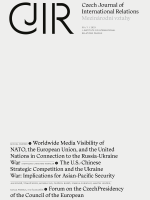 Photo/illustration by European ParliamentJournal Article2023Izabela Surwillo
Photo/illustration by European ParliamentJournal Article2023Izabela Surwillo -
Book Chapter2023Izabela Surwillo
-
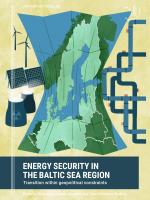 DIIS Report2022Transition within geopolitical constraintsVeronika Slakaityte, Izabela Surwillo & Trine Villumsen Berling
DIIS Report2022Transition within geopolitical constraintsVeronika Slakaityte, Izabela Surwillo & Trine Villumsen Berling -
Journal Article2022competing visions of technopolitical ordersTrine Villumsen Berling, Izabela Surwillo & Veronika Slakaityte
-
Book Chapter2022towards green energy communitiesIzabela Surwillo
-
 Photo/illustration by Pexels. Jens Mahnke. copyright licenseJournal Article2021Exploring the role of national identity in sociotechnical imaginaries of energy securityTrine Villumsen Berling, Izabela Surwillo & Sandra Sørensen
Photo/illustration by Pexels. Jens Mahnke. copyright licenseJournal Article2021Exploring the role of national identity in sociotechnical imaginaries of energy securityTrine Villumsen Berling, Izabela Surwillo & Sandra Sørensen -
Book Chapter2020Historical Legacy and Emerging TrendsIzabela Surwillo & Milos Popovic
-
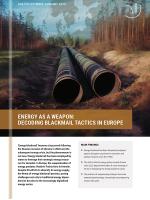 Photo/illustration by Studio Jakob GladDIIS Policy Brief2024Decoding blackmail tactics in EuropeVeronika Slakaityte & Izabela Surwillo
Photo/illustration by Studio Jakob GladDIIS Policy Brief2024Decoding blackmail tactics in EuropeVeronika Slakaityte & Izabela Surwillo -
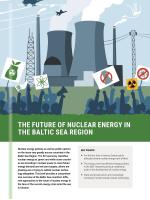 DIIS Policy Brief2022Izabela Surwillo
DIIS Policy Brief2022Izabela Surwillo -
Brief2022Richard Youngs, Jakob Hedenskog, Mariam Khotenashvili, Tinatin Akhvlediani, Ana Andguladze, Mihai Sebe, Mykhailo Pashkov, Pierre Vimont, Manuel Müller, Eliza Vaş, Veronika Slakaityte, Izabela Surwillo, Jim Cloos & Wolfgang Wessels
-
Brief2022Funda Tekin, Nicoletta Pirozzi, Ilke Toygür, Kristi Raik, Izabela Surwillo, Mihai Sebe, Oleksiy Melnyk, Stefan Meister & Mariam Khotenashvili
-
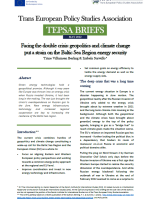 Brief2022Trine Villumsen Berling & Izabela Surwillo
Brief2022Trine Villumsen Berling & Izabela Surwillo -
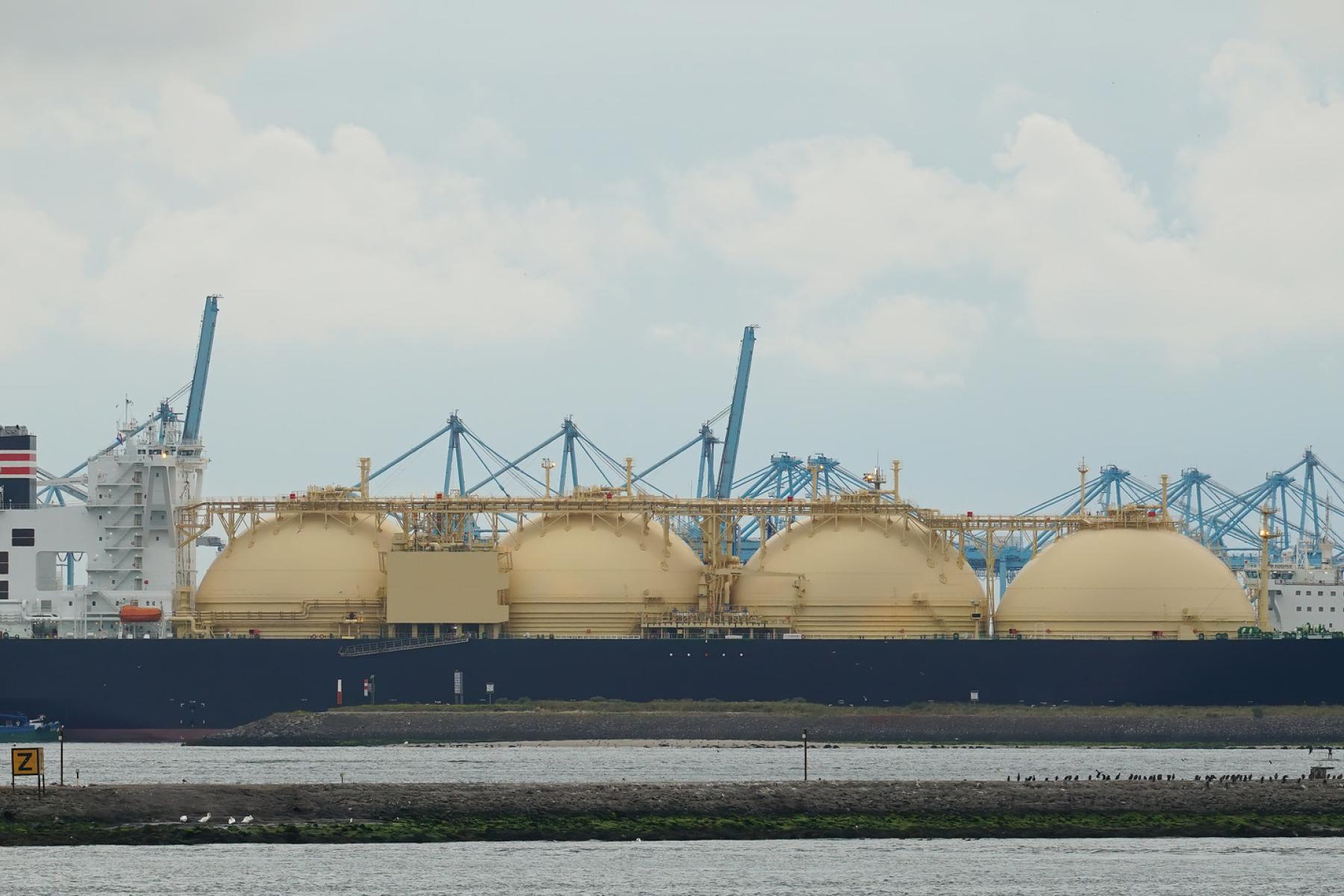 Photo/illustration by Kees Torn via Flickr copyright licenseBrief2022Krševan Antun Dujmović, Ana-Maria Anghelescu, Ionut-Mircea Marcu, Mihaela-Adriana Padureanu, Florence Schimmel, Veronika Slakaityte, Izabela Surwillo, Jakša Puljiz, Danijela Jacimovic, Elene Panchulidze, Irakli Sirbiladze, Giorgi Tsulaia, Anast…
Photo/illustration by Kees Torn via Flickr copyright licenseBrief2022Krševan Antun Dujmović, Ana-Maria Anghelescu, Ionut-Mircea Marcu, Mihaela-Adriana Padureanu, Florence Schimmel, Veronika Slakaityte, Izabela Surwillo, Jakša Puljiz, Danijela Jacimovic, Elene Panchulidze, Irakli Sirbiladze, Giorgi Tsulaia, Anast… -
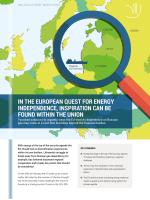 DIIS Policy Brief2022Panicked solutions to urgently wean the EU from its dependence on Russian gas may come at a cost that stretches beyond the financial burdenTrine Villumsen Berling & Veronika Slakaityte
DIIS Policy Brief2022Panicked solutions to urgently wean the EU from its dependence on Russian gas may come at a cost that stretches beyond the financial burdenTrine Villumsen Berling & Veronika Slakaityte -
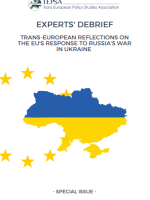 Brief2022Trans-European Reflections on the EU’s Response to Russia’s war in UkraineKrševan Antun Dujmović, Marco Siddi, Izabela Surwillo, Veronika Slakaityte, Ádám Kerényi, Tinatin Akhvlediani, Artur Gruszczak, Kristi Raik, Mihai Sebe, Eliza Vaş, Irakli Sirbiladze, Jim Cloos & Mariam Khotenashvili
Brief2022Trans-European Reflections on the EU’s Response to Russia’s war in UkraineKrševan Antun Dujmović, Marco Siddi, Izabela Surwillo, Veronika Slakaityte, Ádám Kerényi, Tinatin Akhvlediani, Artur Gruszczak, Kristi Raik, Mihai Sebe, Eliza Vaş, Irakli Sirbiladze, Jim Cloos & Mariam Khotenashvili -
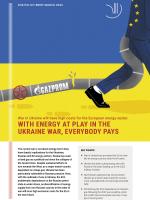 Photo/illustration by Cecilie Castor von SprekcelsenDIIS Policy Brief2022War in Ukraine will have high costs for the European energy sectorIzabela Surwillo & Veronika Slakaityte
Photo/illustration by Cecilie Castor von SprekcelsenDIIS Policy Brief2022War in Ukraine will have high costs for the European energy sectorIzabela Surwillo & Veronika Slakaityte -
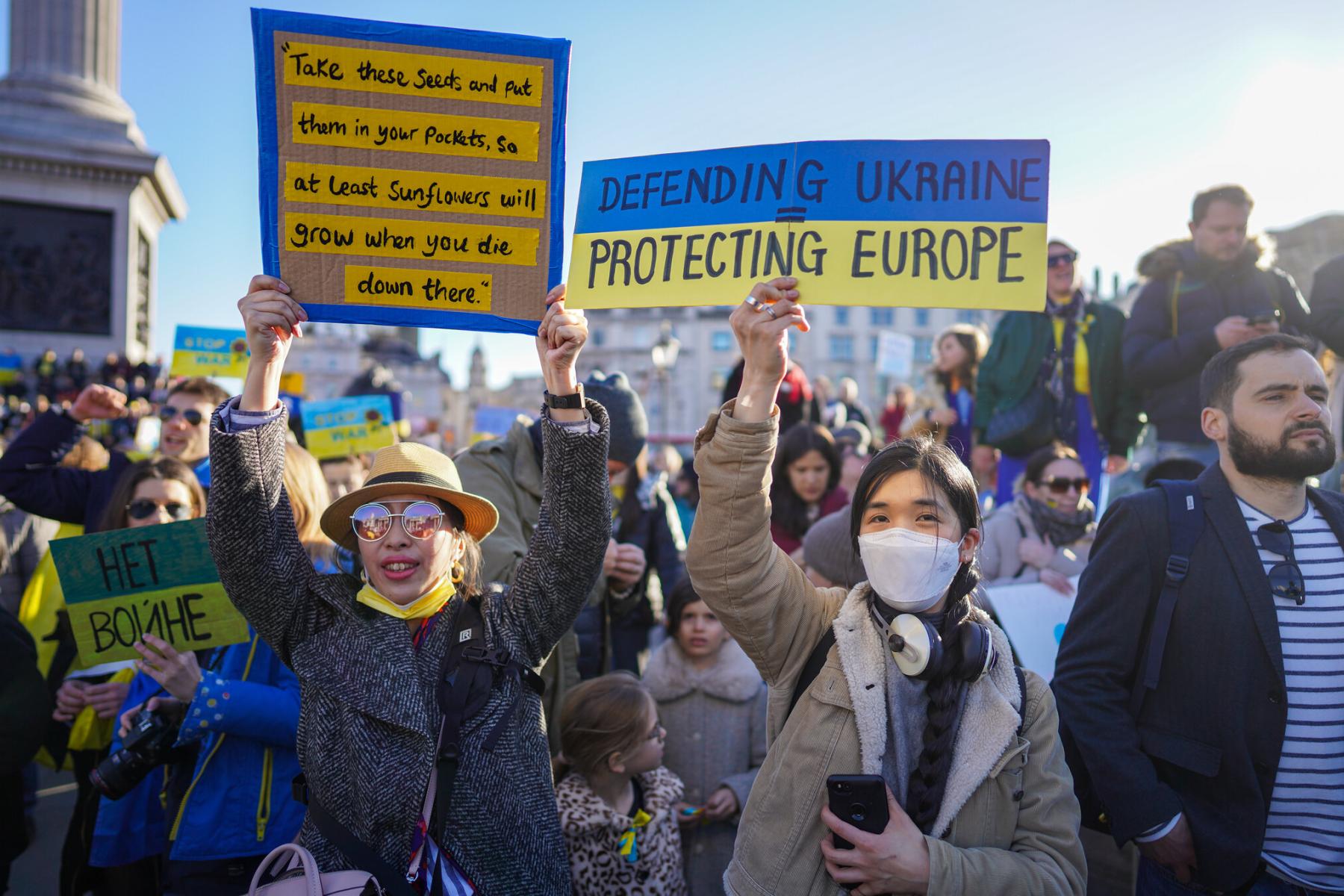 Photo/illustration by Alisdare Hickson/Flickr.com copyright license
Photo/illustration by Alisdare Hickson/Flickr.com copyright license -
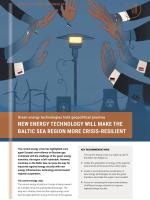 DIIS Policy Brief2021Green energy technologies hold geopolitical promiseTrine Villumsen Berling & Izabela Surwillo
DIIS Policy Brief2021Green energy technologies hold geopolitical promiseTrine Villumsen Berling & Izabela Surwillo -
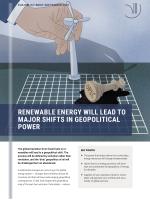 DIIS Policy Brief2021Trine Villumsen Berling, Peer Schouten & Izabela Surwillo
DIIS Policy Brief2021Trine Villumsen Berling, Peer Schouten & Izabela Surwillo -
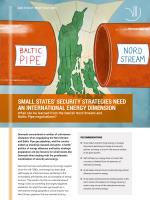 DIIS Policy Brief2021What can be learned from the Danish Nord Stream and Baltic Pipe negotiations?Trine Villumsen Berling
DIIS Policy Brief2021What can be learned from the Danish Nord Stream and Baltic Pipe negotiations?Trine Villumsen Berling
Contact




